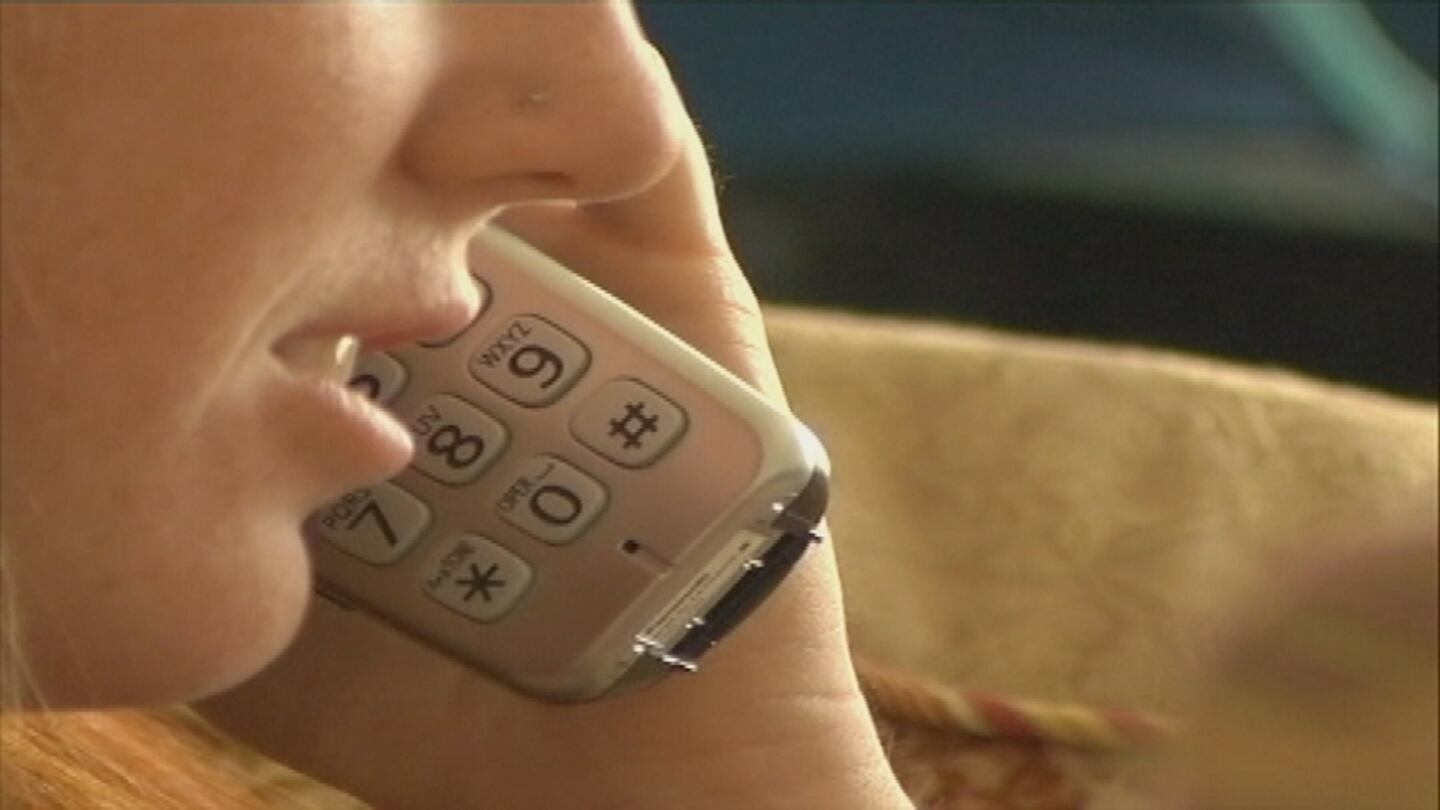They come to your home or business over the phone, over the internet, or even in person: thieves looking to scam you out of your hard-earned money.
"He told me to relax, don't make it harder than it has to be, it would be fine," said Caitlyn Gruendl, the owner of CC Salon, who received a call that turned out to be a scam.
Gruendl was working at her hair salon over the holidays when a man called claiming to work for Duquesne Light. He said she was behind on her payments and power to her business was about to be shut off.
TRENDING NOW:
- Water main break closes portion of road in Ross Township
- Largest venomous snake in U.S. spotted in waters off Florida Keys
- Here's your 2018 estimated schedule for tax refunds
- VIDEO: Weapons, drugs, cash found after months-long investigation
"I started to panic," said Gruendl.
The phone number on her phone indicated that the caller was from Duquesne Light. But Gruendl took a breath, checked her records and realized it was a scam. However, she admitted that if she didn't keep track of her bills, she might have fallen for it.
Gruendl immediately called Duquesne Light to report what happened, and she said they told her she was not alone and that the calls had been going around town.
"The only reason the scammers are still here making these phone calls is because people are falling for it," said Pennsylvania Attorney General Josh Shapiro.
11 Investigates' Katherine Amenta sat down with the attorney general to talk about the biggest scams that are plaguing western Pennsylvania. Shapiro said the scam Gruendl and her salon faced tops the list: where criminals pose as power companies, the IRS or other organizations.
"The unsolicited calls seem like it's coming from a legit number in your neighborhood," said Shapiro.
Making the number on your Caller ID appear to be a number that's not actually the one that's calling you is called spoofing. Now, the FCC is fighting back against spoofing. At the end of 2017, the FCC voted to let telephone carriers block calls that appear to be scams.
Shapiro said that will help, but you are always the first line of defense. So there are things you can do to protect yourself. First, let the calls go to voicemail.
"It gives you, the consumer, the chance to take a deep breath, and think rationally through this," said Shapiro.
Second, if you do answer the phone, just hang up! Tell the scammer you need to go and just hang up the phone. And if you do get caught up in a conversation, make them nervous. Say something like, "Sure, just let me check with my husband, who's in law enforcement."
"If seniors and others know how to look for these scams, and they don't fall for it, the scammers are going to go away," said Shapiro.
Shapiro also added that it's important for young adults to sit down with elderly relatives and review this advice with them. Seniors are particularly vulnerable to these scams and could lose thousands of dollars if they fall for one.
Cox Media Group







